This Week in History recalls memorable and decisive events and personalities of the past.
9th December 1905 – In France, a law separating church and state is passed
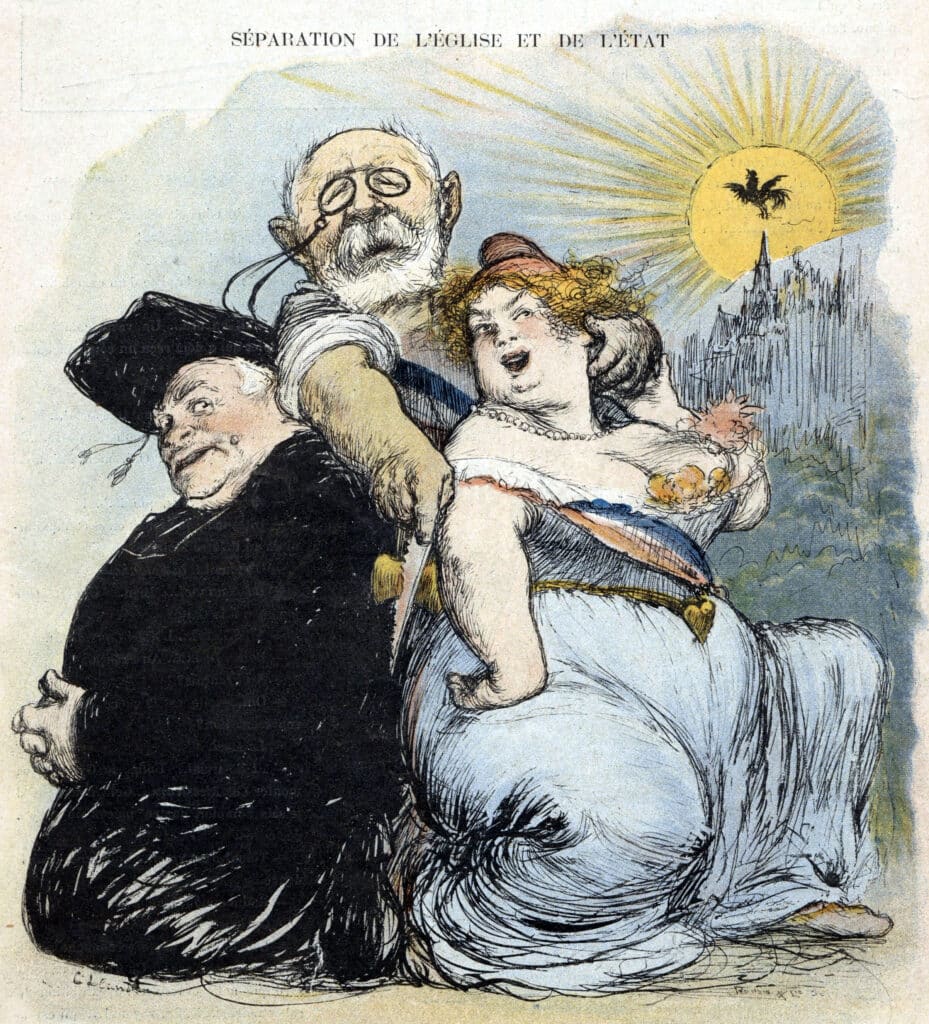
France has had a deep and complex relationship with the Catholic Church, since the conversion of the Frankish monarch Clovis in the year 508 away from Arian Christianity to Catholicism. For many centuries, the power of the Catholic Church and the power of the French state and monarchy were closely connected, and France would become the most powerful Catholic country in the world.
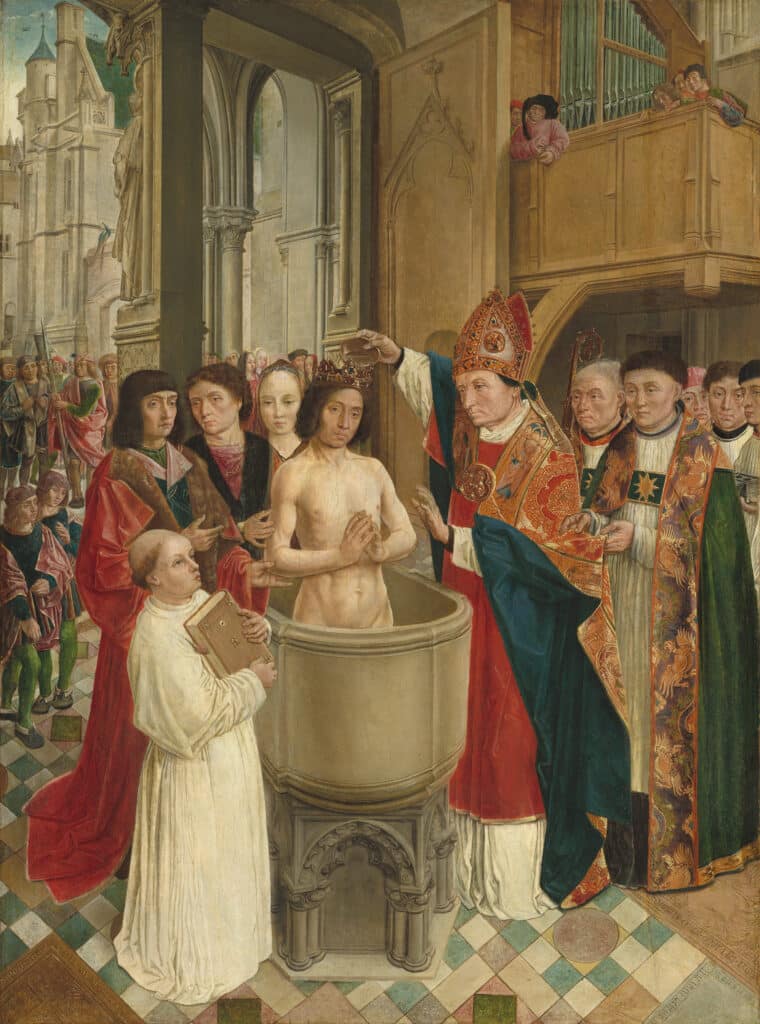
This close association with the powerful would have its price, however, as many in France saw the church as inseparable from the old power structures of the nobility and the king, the so called Ancien Régime.
In 1789, driven by economic crisis, inspired by the American revolution, and encouraged by radical new ideologues, a revolution broke out against the French monarchy and the entire Ancien Régime, including the church.
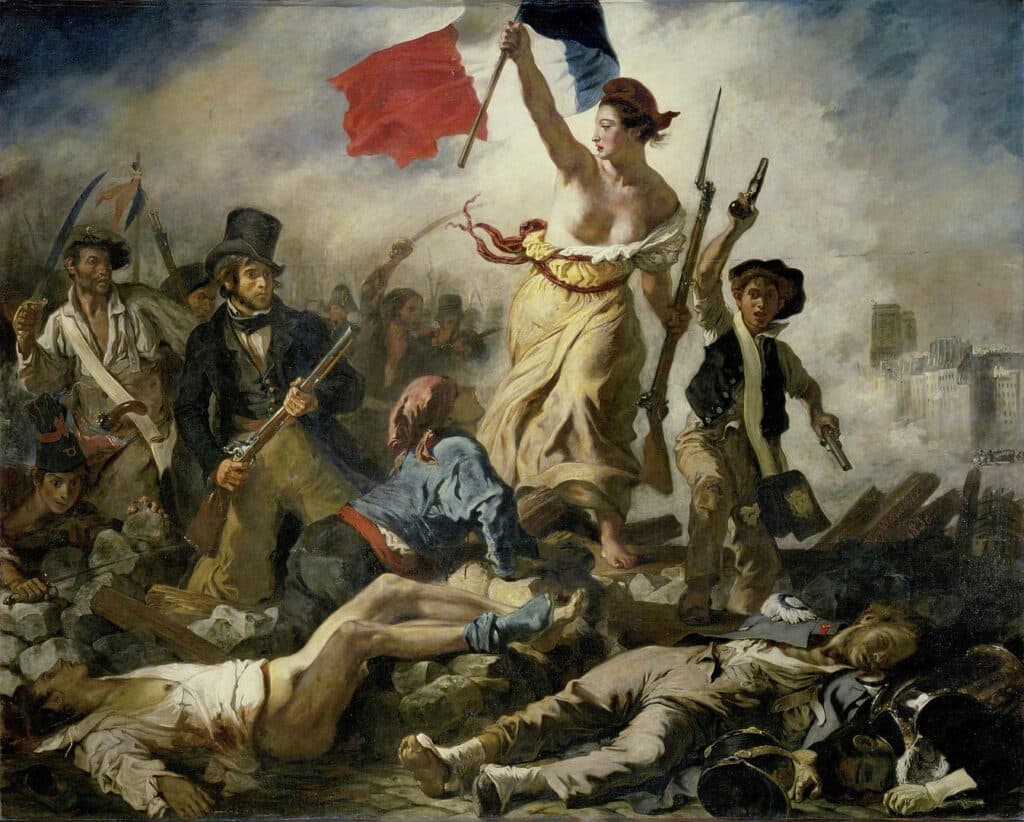
The new republican government in France decided in 1795 to break the state’s association with the Catholic Church, and even at one point attempted to replace Christianity with the ‘Cult of Reason’, a new state-centric religion which would supposedly free France from the church forever.
This was not to last, and the new Republic collapsed, falling under the sway of the new dictator, Napoleon.
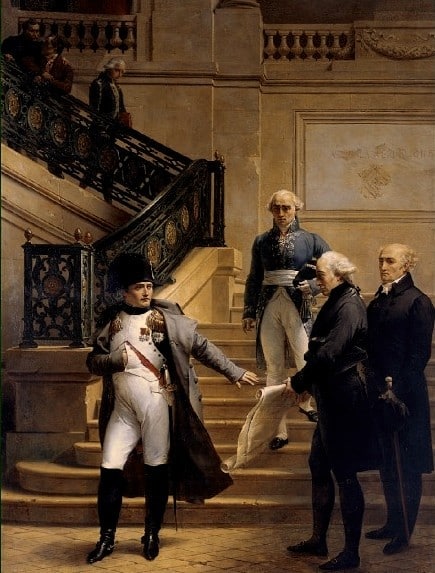
Napoleon would establish the Catholic Church as the state religion of France again in 1801.
The anti-Catholic fire had been lit, and despite the return of the Church, anti-church sentiment would remain alive and powerful across France. In 1877 the French Left won elections and began to more aggressively push for separating state and church. This process would begin in 1879 when the state began to move towards secularism. Priests and other clergy were on the boards of many state institutions and the new French government began removing them.
Soon after, in 1881, the education system – which had been run mostly by the church – was secularised, with religious instruction being banned, further reducing Catholic influence.
Over the following years the secularisation programme only accelerated.
Divorce was legalised, soldiers were banned from association with Catholic clubs, work was legalised on Sundays, members of the clergy could be conscripted, and religious elements were stripped from judicial oaths.
In 1903, the French Republicans began to draw up a law which would be the final step in comprehensively separating the French Church from the state.
In 1904 the Papacy would condemn these efforts and the French would retaliate by breaking diplomatic relations with the Vatican City.
On 9 December 1905, the French finally passed the law which comprehensively guaranteed freedom of religion and separated the church and state from each other. Most importantly, this ended all state funding in France for any religious organizations.
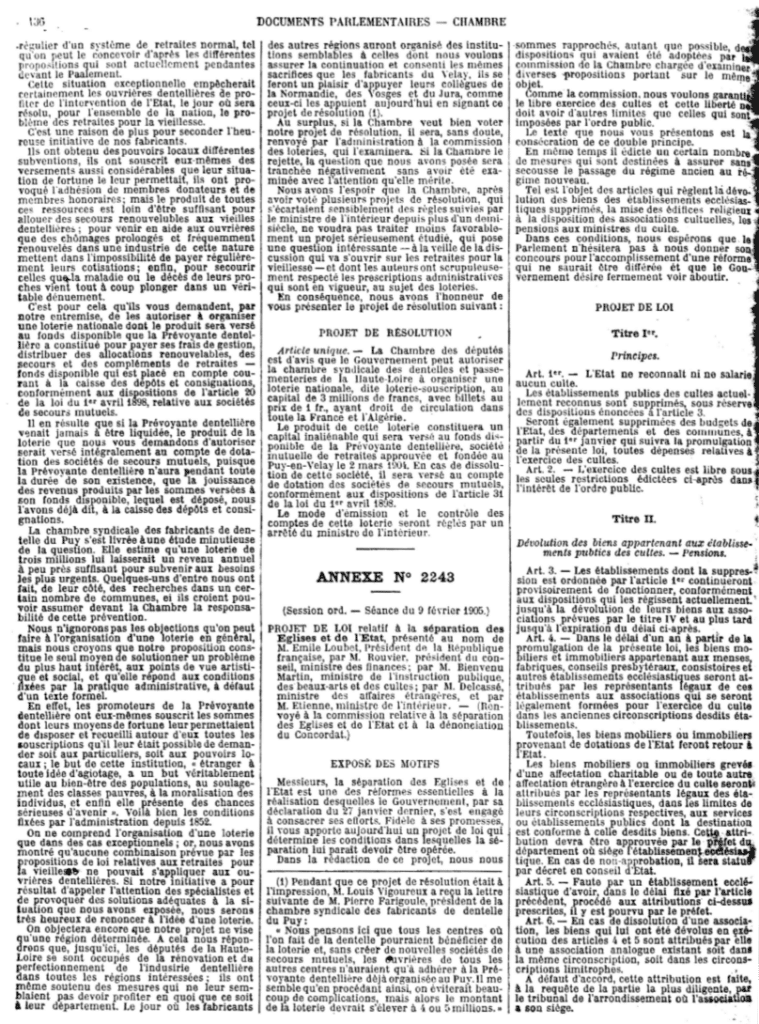
The law would create a serious rift with the Catholic Church, which the French State would only reconcile with in the 1920s.
If you like what you have just read, support the Daily Friend

